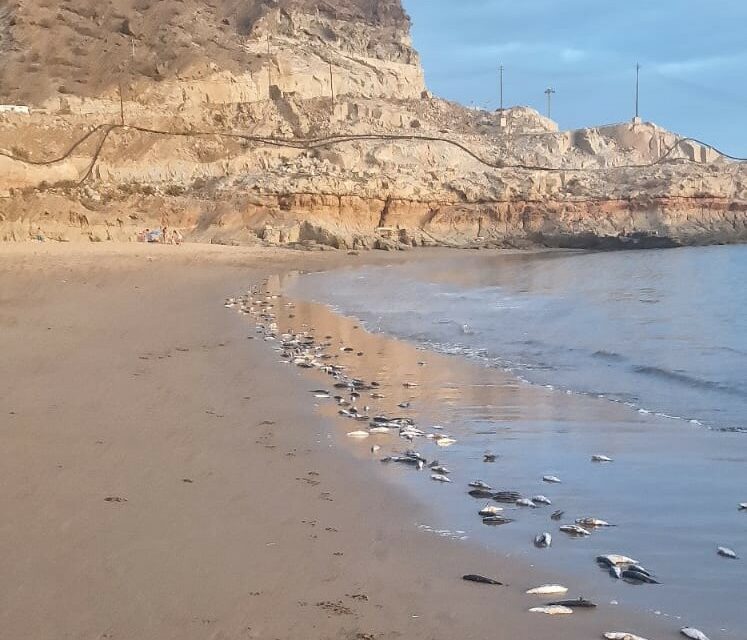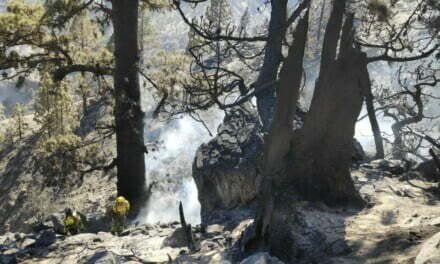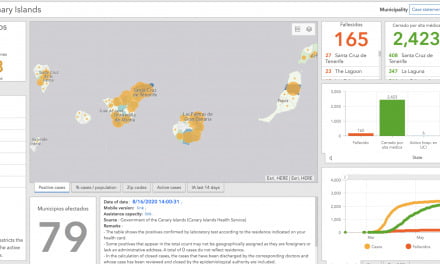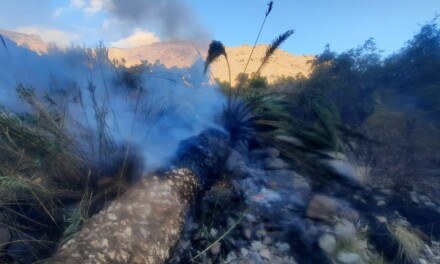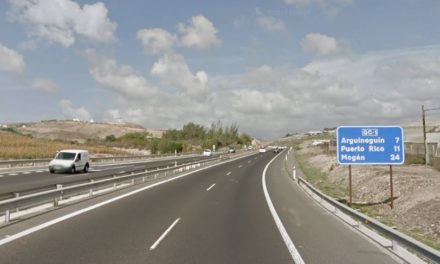The Mogán Town Council has finally made a statement regarding the masses of dead fish, first reported by The Canary News, that have been washing up on the southwestern shores of Gran Canaria over recent days and weeks, saying that “Since the situation was detected, the Council has maintained direct and constant contact with the General Directorate of Public Health of the Government of the Canary Islands.”
They report that these Oceanic Puffer fish, an unusual species in Canary waters, are dying because they are very susceptible to changes in water temperature. They have been found to die on the high seas and end up being washed ashore.
Mass die-offs have been seen in other parts of the world, but without the causes having been clearly defined, though researchers have linked such instances with toxins in the water, potentially that only affect certain species.
This species of pufferfish, Lagocephalus lagocephalus, is incredibly toxic; producing a potent neurotoxin Tetrodotoxin. ‘Fugu’ pufferfish produce the same toxin and are infamous as the potentially deadly Japanese dish, so dangerous that it requires a license, after years of training, to be allowed to prepare and cook it for human consumption.
Oceanic pufferfish mainly eat crustaceans and squid, and have a rather impressive set of 4 teeth to deal with them, looking rather like a parrots beak. On some specimens it may even be possible to see scarring and sucker marks from battles with their prey.
Alex Bramwell, from Gran Canaria Info, tells us “local fishermen hate them because they get caught up in their lines and escape by biting through them leading to big losses sometimes from the catch”
In a post through their social media account the Mogán town hall seem to be trying to warn people away from picking these fish up, or indeed trying to consume them.
Several people have responded to the council’s message anecdotally suggesting that “lots of toxic waste being spilled into the sea” could be to blame, though that is pretty hard to believe along a coastline so dependent on tourism. A fisherman, named Gustavo Oliva, claims that he goes out to sea most days and that “it is not just temperature changes… Mular dolphins kill them in brutal amounts” also mentioning that there was a “plague” of these pufferfish some 7 or 8 years ago. One further commenter suggests that this could have a connection to the recent submarine earthquakes around the islands, in particular affecting a “volcanic rift” which could have produced sufficient heat to kill these fish, though they do not explain why it might have only affected this one species.
Mogán’s town hall finish their statement by assuring everyone that “Municipal services are removing fish from the beaches as quickly as possible, as they come in. We ask for calm and that you do not try to remove them by your own means. These puffer fish are an inedible species because they’re harmful to health. We ask for caution.”

